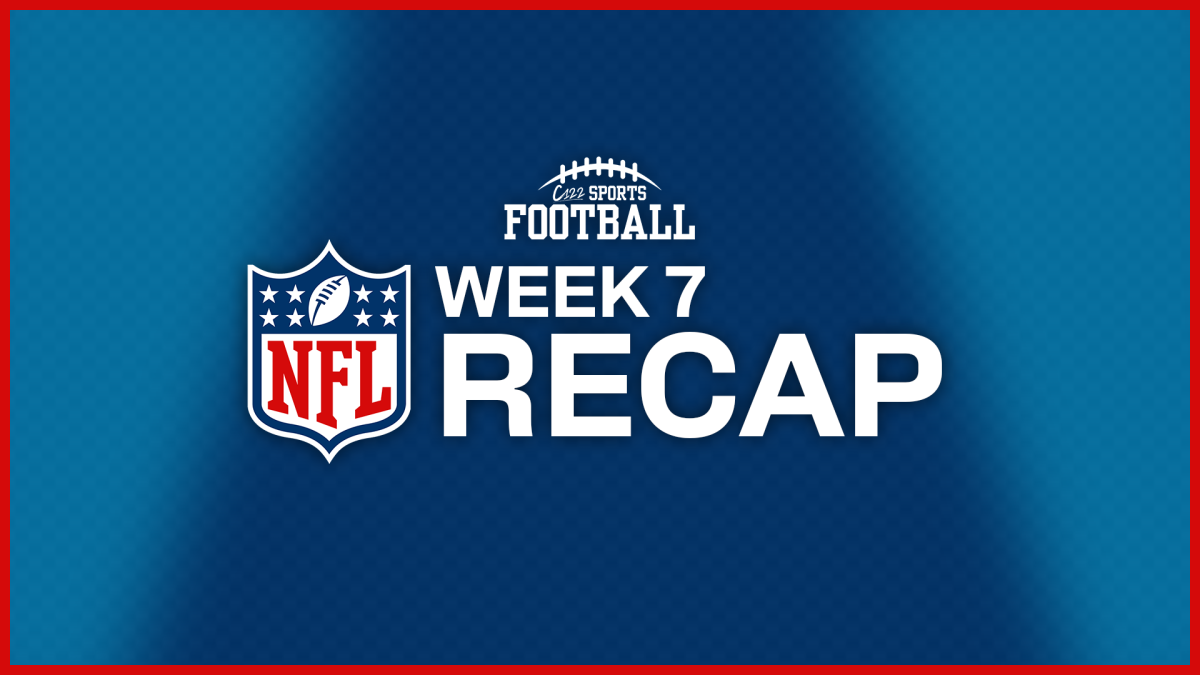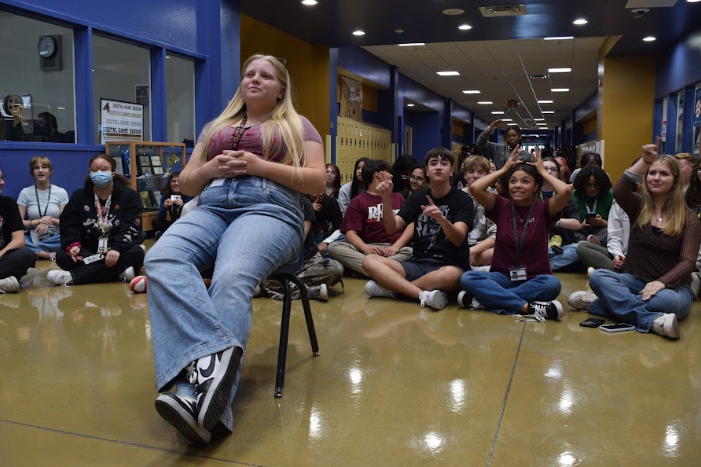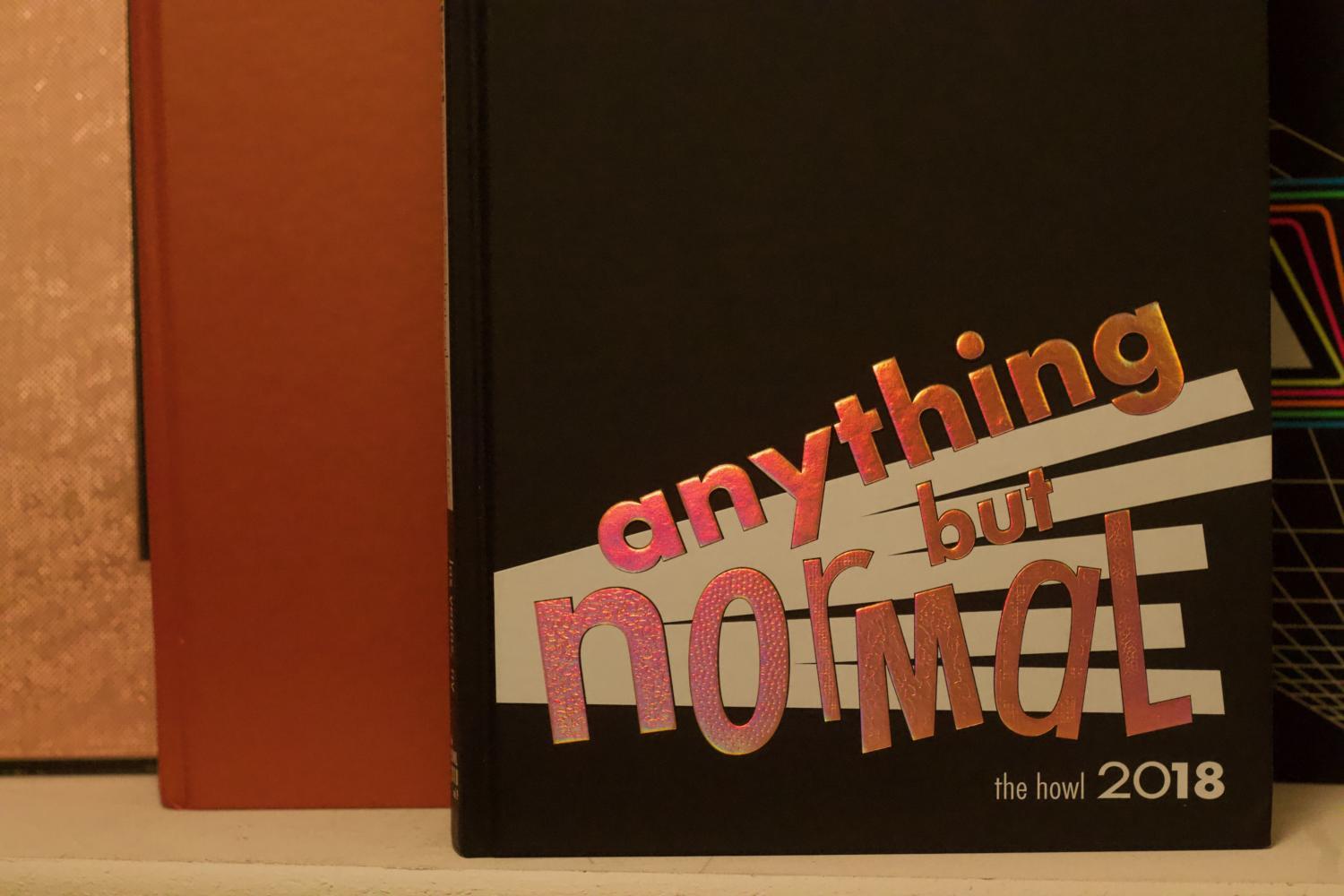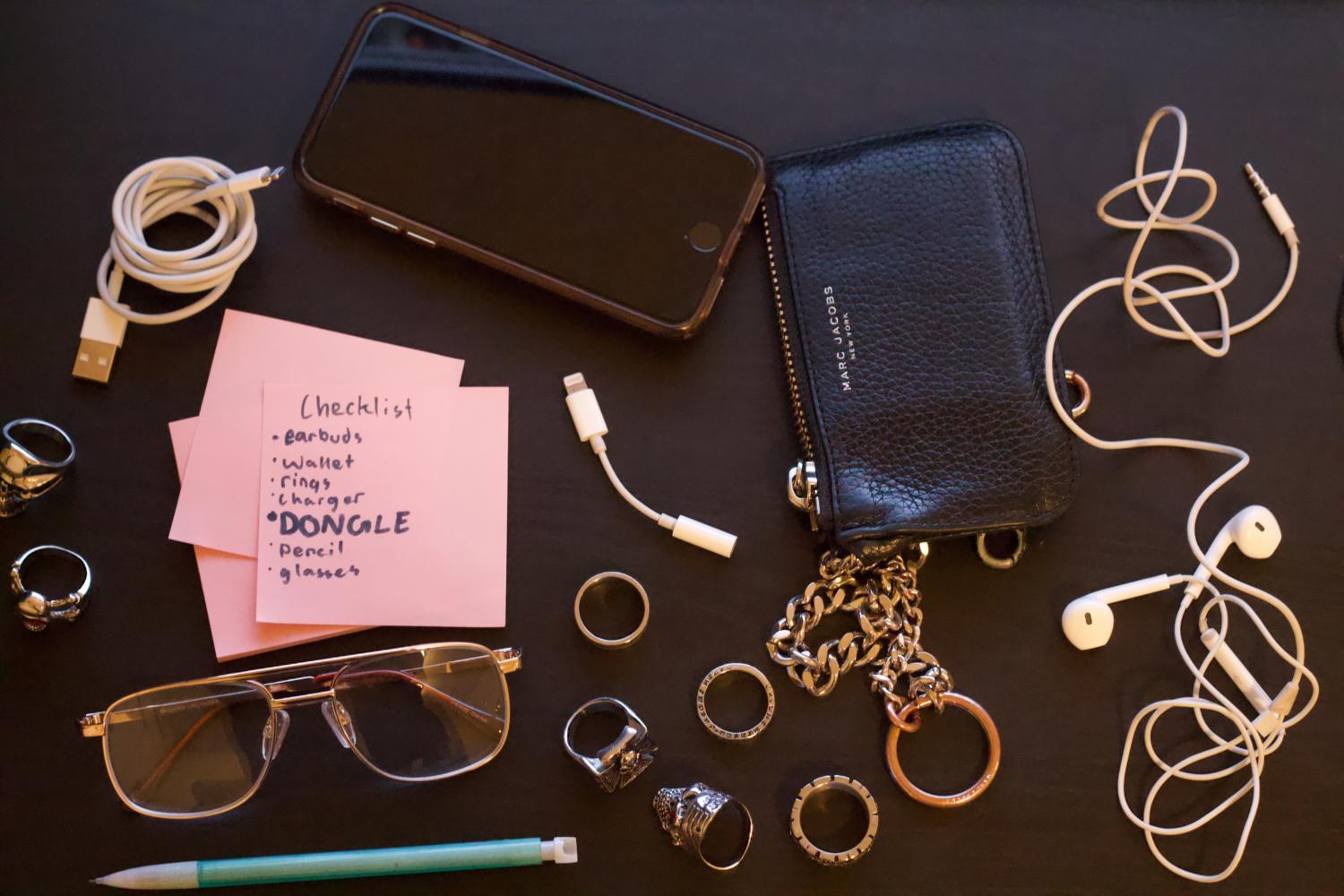To read Summer Thomad’s opposing viewpoint, click here.
The clock strikes midnight and you’ve forgotten to do your Algebra homework—luckily it’s only a few questions. But unluckily, the homework is online. Knowing that you already procrastinated until midnight, focusing on a laptop with social media and streaming services is too much to bear.
The 21st century has brought many technological advances to the world, one of these being the access to textbooks on your devices. The convenience of having education literally at your fingertips must be a dream, right? In actuality, this concept is a double-edged sword when there are multiple distractions that can deter one from finishing school work.
Large fingers and small text do not go together when trying to highlight a sentence or two, let alone trying to write notes and listen to a teacher simultaneously.
Whether in or outside of school, using an electronic device to read a textbook and take notes is a hassle with small keyboards, tiny screens and the inconvenience of a low battery. I have a phone with a 5.5 inch screen with a moderately long battery life, but I absolutely cannot stand scrolling through a PDF on Schoology and taking notes on my phone. I would much rather flip a page in a textbook instead of swiping my greasy finger down an oily screen.
The advantages for using a printed textbook are extensive when one has family or friends. Textbooks can be shared and passed down to other people, but letting go of a hundred dollar Kindle is a tough decision, and while you can share e-books, this option is only available for certain titles.
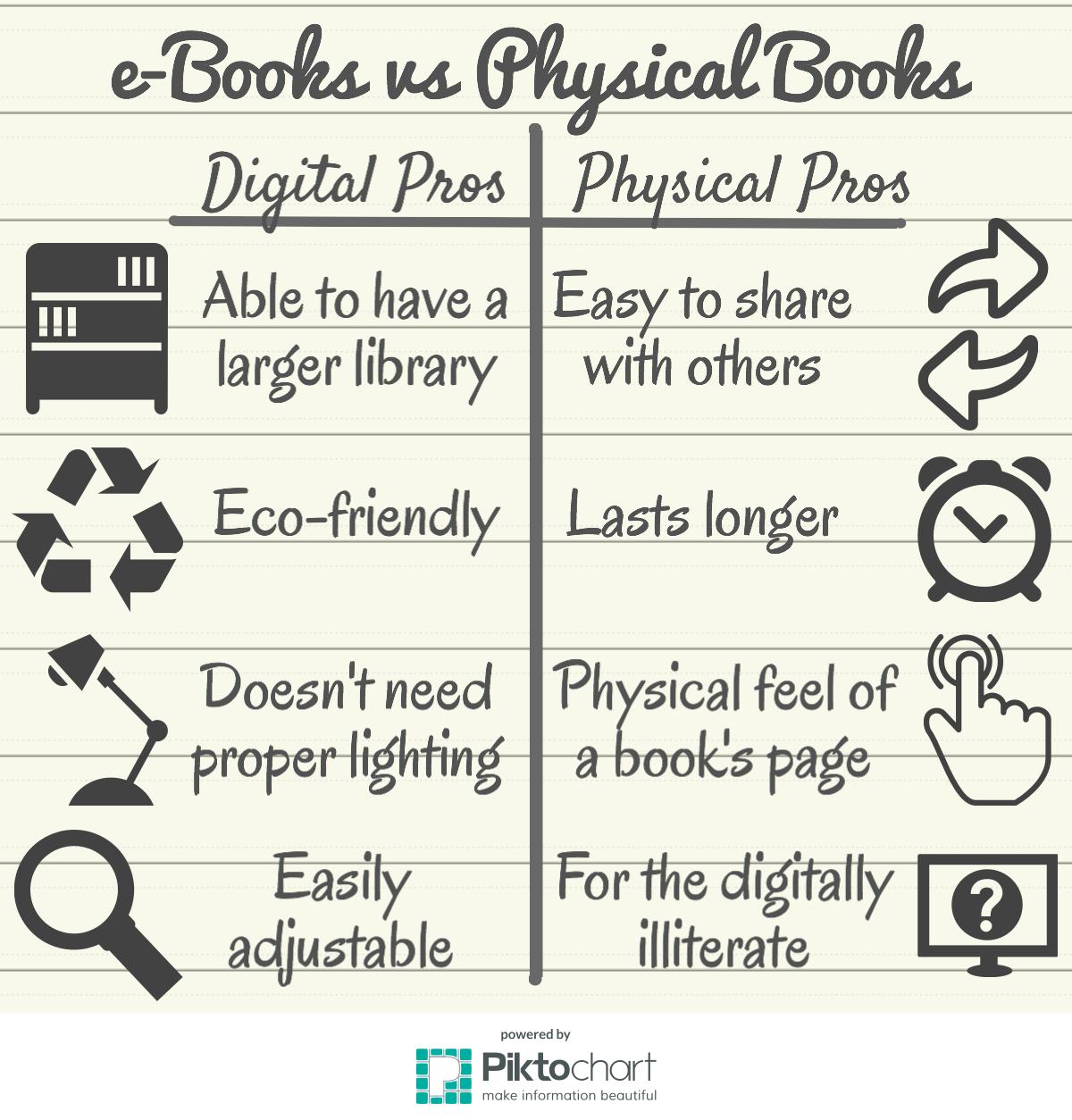
However, some may argue that you can keep a digital book in a virtual library for decades, but the chances of data corruption, private information loss and the cancellation of a certain line of products is too much to risk. Textbooks also have a prolonged existence—as long as you are not a slob with poor book-care, one can refer to subjects from years ago.
Lastly, digital textbooks aren’t always allowed to be used because of the need for highlighting and taking notes. Large fingers and small text do not go together when trying to highlight a sentence or two, let alone trying to write notes and listen to a teacher simultaneously. Physical textbooks are just less of a hassle to operate.
While the digital age has advanced the quality of education, reading from a physical book has been a tradition for me in the past fifteen years I have been alive. Reading off a screen just seems awkward—and my learning experience should not be jeopardized.








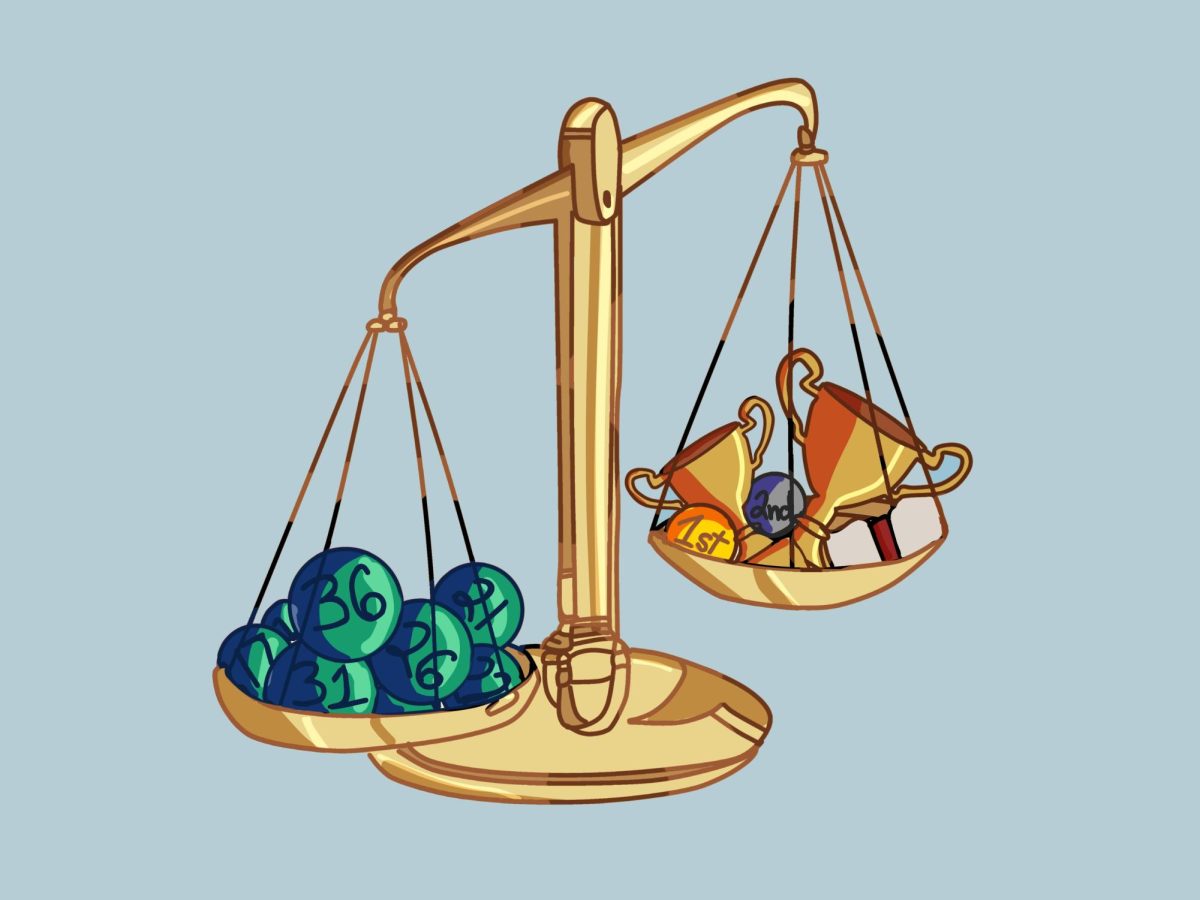

![Weighing her options, senior Allyana Abao decides between going on a practice drive or calling an Uber. Though unlicensed, Abao has considered driving to be a significant milestone of teen independence despite alternatives that provide much easier solutions.
“You're able to be independent and not rely on others,” Abao said. “You're able to get a job, get things that you need, go places you need to go. I have so many places that I want to go to and I ask [my family] for so much. I want to be independent to where they know that I can do things on my own, so they know that they don't have to be there for me.”](https://southwestshadow.com/wp-content/uploads/2025/10/IMG_2922-1200x900.jpg)
![Looking at the board, former BSU secretary Christina Altaye begins to prepare for BSU’s second year of Club Feud. This year, “Are You Smarter Than a Ninth Grader?” will be replacing this event. “I think it’s a fun change [to Club Feud],” BSU Activities Director Hellen Beyene said. “[I think] it’s always fun to do something new and different.”](https://southwestshadow.com/wp-content/uploads/2025/10/Screenshot-2025-09-29-11.06.43.png)
